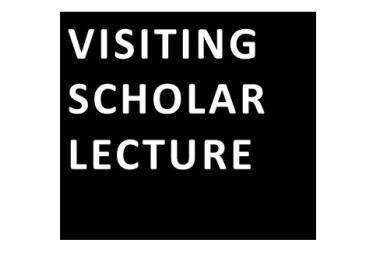
April 20, 2020
A Modern Family: Scientific Management, Medicine, Nursing and the Dionne Quintuplets (1934-40)
About
POSTPONED until further notice.
Sioban Nelson is a professor of nursing at the University of Toronto, where she has served as Dean and Vice Provost. She has published nine books, including the acclaimed Say Little, Do Much: Nursing, Nuns, and Hospitals in the Nineteenth Century. With Suzanne Gordon, she edited the prize-winning Complexities of Care: Nursing Reconsidered, a ground-breaking work on the challenges facing contemporary nursing and in 2010 with Anne Marie Rafferty she coedited Notes on Nightingale: The Influence and Legacy of a Nursing Icon on the centenary of Nightingale’s death. Dr. Nelson is co-editor of the Culture and Politics of Health Care Work series for Cornell University Press. She is a fellow of the American Academy of Nurses and the Canadian Academy of Health Sciences. Dr. Nelson is working on a general history of nursing from a material culture perspective.
Born on May 28, 1934, in the depths of the Depression to a francophone family in rural Northern Ontario, in a house without running water or electricity, these identical five baby girls riveted the world as they grew up in a Truman Show-like tourist attraction called “Quintland.” This talk examines the creation of the scientific model “family” for the babies, comprised of celebrity doctor, Alan Dafoe and the team of nurses who cared for the babies from birth. The paper draws on published and archival accounts by the health professionals overseeing the quintuplets, such as the writings of the first head nurse, Louise de Kiriline, serialized in Chatelaine magazine; as well as the papers of William E. Blatz, University of Toronto psychologist and early childhood expert responsible for the children’s routine; and correspondence on the management and upbringing of the children between Dafoe and medical experts, such as Dr. Alan Brown of the Hospital for Sick Children, first professor of paediatrics at the University of Toronto, and the international scientific advisory board engaged in researching the babies. Nurses were key to the scientific management of the babies, implementing protocols and collecting data on every aspect of the children’s lives. As the world’s first surviving quintuplets, the care of the babies was seen as a victory for scientific management and the quints were idealized in the public health literature as prototypical ‘healthy babies’ whose scientific surrogate parents provided the model for North American mothers and families during the 1930s and 40s. Dr. Nelson examines the complex relationships between the Francophone nurses, the children’s family, and the Anglophone medical men who oversaw the children’s health and commercialization. It provides insight into early public health nursing and the natalist ideology of the period.
Date & Time